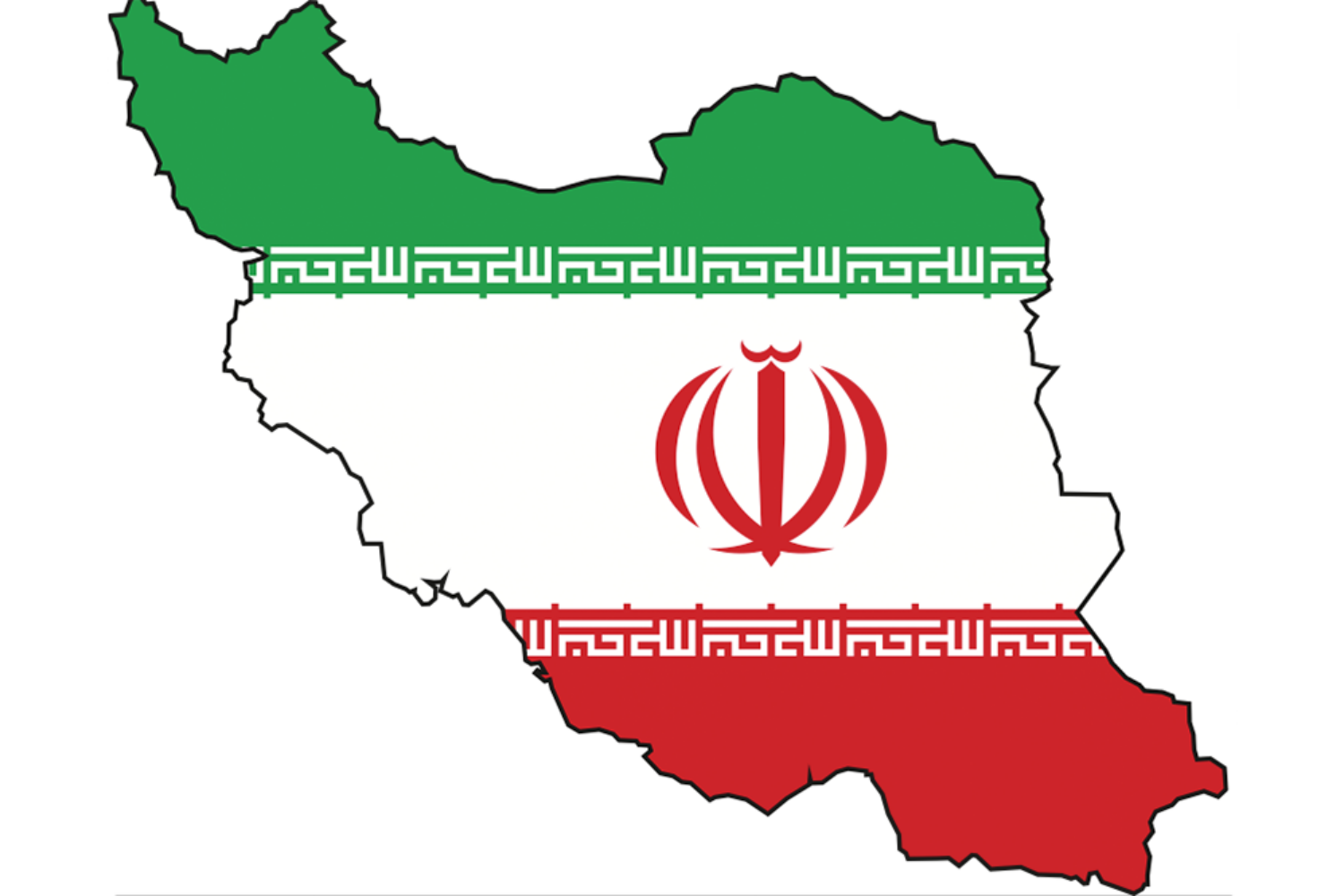Even if some questions remain unanswered: The USA is targeting its focus on Iran’s shipping industry.
According to U.S. authorities, the son of former Iranian national security chief Ali Shamkhani has built up vast global shipping empire used to export Iranian and Russian oil using front companies and intermediaries. According to the US, tens of billions of dollars flowed into the Iranian regime in this way.
Washington accuses Shamkhani of exploiting high-level family connections to the leadership in Tehran and corruption to operate a global fleet of tankers and container ships. The network is said to have been deliberately designed to conceal ownership structures – including through shell companies in Panama, the UAE, Hong Kong, and the Marshall Islands. Falsified freight documents, manipulated transponder signals and regular re-registrations were also part of the strategy.
According to the authorities, this is one of the largest evasion networks known to date. The structure extends to at least 20 countries, including western states such as France, Belgium, Italy and Switzerland. Several European citizens have been sanctioned. The network’s core hub is believed to be active in the UAE, though it remains unclear whether the US government is pressuring the UAE, despite close economic ties.
Sanctions affect international networks
In addition to maritime operations, the network reportedly engaged in extensive money laundering. Shell companies in Switzerland, Singapore and Romania concealed proceeds from the oil trade, particularly with buyers in China. In addition, some companies were involved in business with Russia – including the exchange of oil for drone technology and armaments.
The new U.S. sanctions cover 52 ships, 15 shipping companies and numerous front companies. The Ministry of Finance described the scheme as “one of the most technically sophisticated” evasion systems to date. Those involved operate under aliases, false identities with foreign passports and constantly changing company structures in order to operate undetected between Tehran, Dubai and Europe.
According to U.S. officials, the crackdown is intended to cut off funding for Iran’s nuclear and military programs, continuing the “maximum pressure” strategy initiated during the Trump administration.
Smashed or just disrupted?
Despite the scale of the crackdown, questions remain unanswered. No concrete evidence of specific individual transactions or asset flows has been publicly disclosed. The extent to which international partners, such as the EU, are involved also remains unclear.
It is questionable whether the measures will be effective in the long term. Many companies operate under different names and flags. Critics doubt that they will have a lasting effect. Possible side effects on trade or the Iranian population also remain uncommented on. The fact that the network has been able to operate unchallenged for years raises fundamental questions about the effectiveness of the sanctions and whether the US measures are merely political symbolism.













